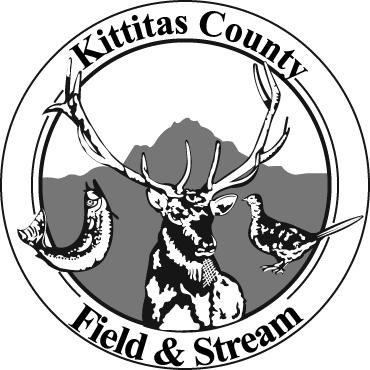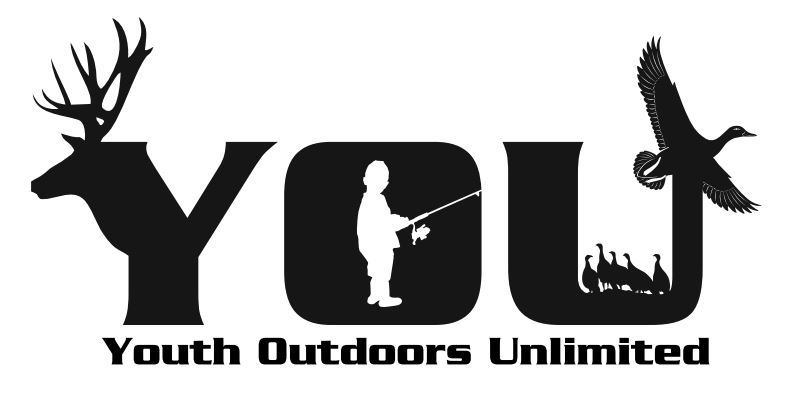Finally, fishing is opening up around the West. We are starting to see possibilities – again – on waters across the state and into neighboring states. We are also seeing a big increase in the movement of fishing boats across state lines. With that movement comes a heightened attention to any unwelcome hitchhikers – alien species – that our boats and fishing gear might be carrying.
This is important. The amount of damage done to fish habitat and the aquatic environment by alien species – which may have no natural enemies or control agents in their new homes – can be devastating.
We probably most often hear about Eurasian milfoil (Myriophyllum spicatum), the water vine dropped all over the state by boats carrying just a few stems from infested waters. It chokes out fishing and fun in our ponds by late summer; and clearing it is a major process. Treatments are ongoing. You will find all you want to know by googling “milfoil in Washington State.”
Another Asian native water species is hydrilla (hydrilla verticillata), a.k.a. water thyme. This one has largely been eradicated in Washington, but in other states around the West it is apparently invading rivers, irrigation canals, lakes and ponds, destroying fish habitat, clogging intakes and fish screens and interfering with fishing, boating and swimming. Active eradication programs are underway around the West, and Washington inspectors are paying close attention to all incoming boats and gear.
Invasive invertebrates are today’s biggest concern. They arrive with our boots, fishing gear and boating equipment.
New Zealand mudsnails (Potamopyrgus antipodarum) are now found in fishing waters throughout the West. Elongated, less than a quarter inch in length and brown (black if wet), they travel on the seams and laces of wading or (even) hunting boots. A single mudsnail can colonize a new location. Fishermen returning to Washington from streams across the West are asked to carefully scrub boots and field gear under a high pressure hose until no visible traces of mud or sand remain.
Right now, zebra/quagga mussels (Dreissena polymorpha) are atop the minds of those trying to keep our watersheds safe – They have been spreading across North America since the 1980s. From microscopic to two inches long, with light and dark stripes and razor-sharp shells, these critters clog pipes, encrust other aquatic life, and ruin boats, motors, anchors, fishing gear and other hard objects. Zebra mussels are notorious for their ability to colonize water supply pipes of hydroelectric and nuclear power plants, water supply plants, and industrial facilities. Colonization restricts the flow in pipes, creating problems in heat exchangers, condensers, and fire-fighting equipment, as well as air conditioning and cooling systems. They essentially make beaches unusable, clog water filtration pipes, and destroy boat engines. While there is not yet much information on how these mussels affect irrigation, farms and golf courses seem to be likely candidates for infestations.
Why the very high level of alert in Washington today? The Columbia River is the only basin in the U.S. that remains mussel-free, and the U.S. Fish and Wildlife Service estimates that if they make it into the Columbia, they could cost hydroelectric facilities up to $300 million a year, with hundreds of millions more in environmental damage and increased operating expenses for fish hatcheries and water diversions.
Even with careful inspection, these critters can be very hard to find. Thus, the Washington Department of Fish and Wildlife (DFW) has adopted “Puddles,” its latest weapon in the fight to keep invasive species out of our state. At an animal shelter in Fresno, California, Puddles caught the attention of the Green Dog Project’s “Rescued for a Reason” Program, which contacted Mussel Dogs, of Oakdale California. There, Puddles learned to use her great nose to detect mussels. With a Bureau of Reclamation grant, DFW purchased Puddles for our Aquatic Invasive Species Check Station program.
She works: over the Memorial Day weekend, Puddles earned her keep. At a DFW check station east of Spokane, a boat traveling from Lake Havasu, Arizona, was checked. It had already been decontaminated three times (in Montana and Idaho), yet Puddles’ nose found mussels that several sets of human eyes had missed. Tiny mussels were found behind the boat’s sonar system – mussels that could have caused millions of dollars in damage in a body of water that doesn’t already have invasive mussels.
Puddles is just one weapon in the battle against invasive mussels. DFW asks that all boat owners help prevent the spread of trouble by cleaning, drying, and draining all watercraft (including kayaks and other non-motorized vessels) every time they come out of the water. Always check drywells and any gear that was in the boat, too. And, of course, stop at every boat check station. Find more about all of this at wdfw.wa.gov/species-habitats/invasive.
This is important: it’s about the future of waters, recreation and economy.
Happy summer…




